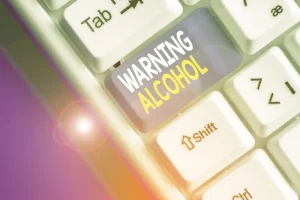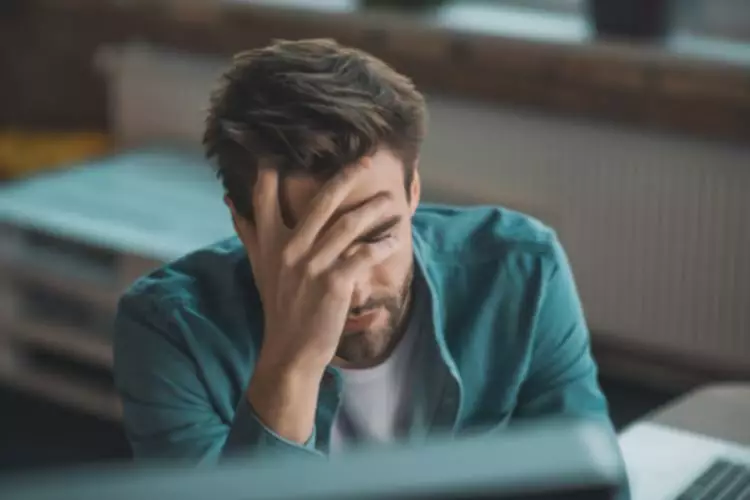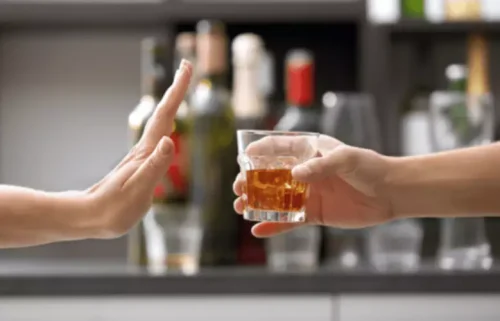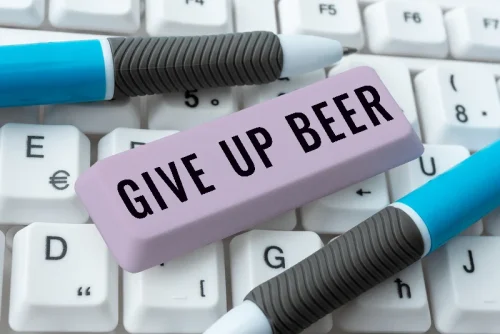
However, when alcohol makes up part of your typical routine, drinking can become something of an automatic response, especially when you feel stressed or overwhelmed. Turner notes the importance of bringing along a trusted support person when attending events that involve alcohol. It’s often easier to turn down a drink when you don’t have to do it alone. It’s possible to develop a better relationship with alcohol and make more mindful, informed choices about drinking without total sobriety. It is worth mentioning that nutritional status improvement occurs when someone strop drinking, which is one big reason why people may see many of the above improvements with sobriety.
What happens to your body when you stop drinking?
- That said, If you’ve been drinking excessively, then stopping drinking cold turkey can lead to withdrawal symptoms.
- The security clearance process is most concerned about identifying patterns that imply a lack of reliability or trustworthiness.
- Fortunately, reducing your alcohol use can help improve your sleep over time, although you might experience more sleep disturbances for some time after you quit.
- As a therapist that helps people stop drinking, I often hear from clients that they want to make a change, but are intimidated by the potential of experiencing withdrawal symptoms.
Remember that it’s important to connect with a medical professional before you stop drinking to ensure that you can go through each stage safely. Just being dry for 1 month and going back to drinking in excess is a bad idea. If you are drinking in excess, it’s better to cut your alcohol intake,” said Dasgupta. Cutting out alcohol for 30 days can have benefits for those who drink more than the recommended limit of two drinks a day for men and one drink a day for women.
What Is Alcohol Withdrawal?
Counseling is usually recommended for someone experiencing alcohol withdrawal. A counselor can advise on ways to cope with the mental and emotional aspects of withdrawal. These symptoms generally appear 12 to 24 hours after your last drink. While these symptoms are more severe than Stage 1, they are not life-threatening.
- More than 8,050 New Yorkers die each year due to excessive alcohol use, shortening the lives of those who die by an average of 24 years.
- One way to represent the average drinker may be to focus on people who don’t have a history of alcohol dependence.
- Heavy drinking is defined as drinking more than an average of 2 drinks per day for men or 1 drink per day for women over a thirty-day period.
- During the 12- to 24-hour time frame after the last drink, most people will begin to have noticeable symptoms.
Alcohol Withdrawal Timeline: What Happens to Your Body When You Quit Alcohol?

These withdrawal symptoms occur because of overactivity of the central and autonomic nervous systems. Depending on the person, Kumar said she sometimes suggests cutting back on alcohol to lose weight. For anyone concerned about heart health, Dasgupta recommended decreasing alcohol intake and increasing physical activity, which also raises good cholesterol. Because the liver is a tolerant organ, he said positive changes can occur within weeks of going dry.
That number dropped to 50% when the participants went home, and many reported that their sleep quality got better after treatment. Binge drinking can lead to consuming an extra 600 calories or more in a day. According to Volpicelli, the cognitive changes people can have from drinking—like memory trouble, slowed reaction time, difficulty controlling behavior, and poor concentration—get worse over time.
Mental Health Benefits of Quitting Alcohol

The security clearance process is most concerned about identifying patterns that imply a lack of reliability or trustworthiness. Oftentimes, public intoxication, Driving Under the Influence (DUI) citations, or any drinking that leads to criminal charges can highlight patterns of alcohol abuse. There are, however, factors that can help mitigate the situation because the government weighs each of the criteria in what happens when you stop drinking the Adjudicative Guidelines against the whole person concept. This is usually when people start to feel their best after giving up alcohol. By this point, most physical withdrawal symptoms should have subsided and you should start to feel less anxious and more positive. A doctor may also prescribe a sedative drug, such as a benzodiazepine, to help reduce withdrawal symptoms such as restlessness or agitation.
But if you’re committed to sobriety, it’s possible to achieve your goal. While not everyone who quits drinking will experience withdrawal, you are more likely to have symptoms if you have been drinking for a long time, if you drink heavily, and/or if you drink frequently. At this point, your risk of developing all types of disease will be reduced and your bone density will start to increase. Keep in mind that everyone is different and will experience different things when they stop drinking. After half a year without drinking, you will really start to reap the rewards. Your risk of developing cancer will decrease, and your liver function will have greatly improved.
- However, while negative patterns can reflect poorly, positive patterns can also show that the situation is sufficiently mitigated.
- Here are some of the improvements you could see from cutting out alcohol, in the short- and long-term.
- Because of these risks, it is best to have medical guidance while you go through the alcohol withdrawal process.
- Drinking too much alcohol can cause many problems and unwanted effects on your health and well-being.
- They will become less intense, and symptoms will disappear one by one.
“If you have cancer and you’re worried about it growing then you should stop,” he explained. For the wider population, he emphasized that when you stop drinking, you not only feel better but you also sleep better and your physical health improves. One downside of quitting for some though, he said, could be the social side of drinking and not wanting to feel left out.
- A drink’s alcohol content can vary by the type, brand, or style of wine, beer or liquor.
- Moore hypothesized that instead of causing cancer to develop in the first place, these findings may suggest that alcohol instead promotes cancer’s growth once it gets a footing in the body.
- People experiencing mild to moderate alcohol withdrawal symptoms often receive outpatient care—meaning there is no extended time spent in a hospital or facility.
A standard drink roughly translates to 12 ounces (0.35 liters) of beer at 5% alcohol by volume (ABV), or 5 ounces (0.14 L) of wine at 12% ABV. Being dependent on alcohol can cause physical withdrawal symptoms like shaking, sweating or nausea. If you have these symptoms if you miss a drinking session, it can be dangerous to stop drinking completely too quickly without proper support.



